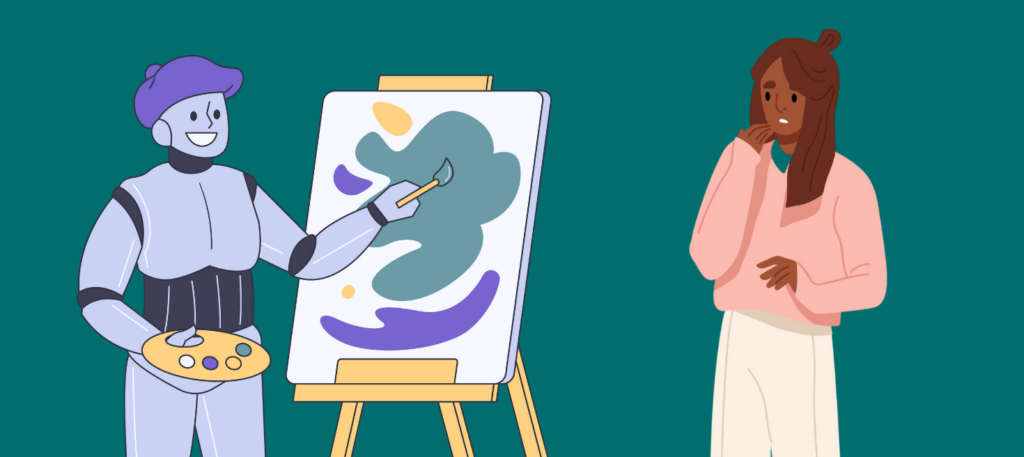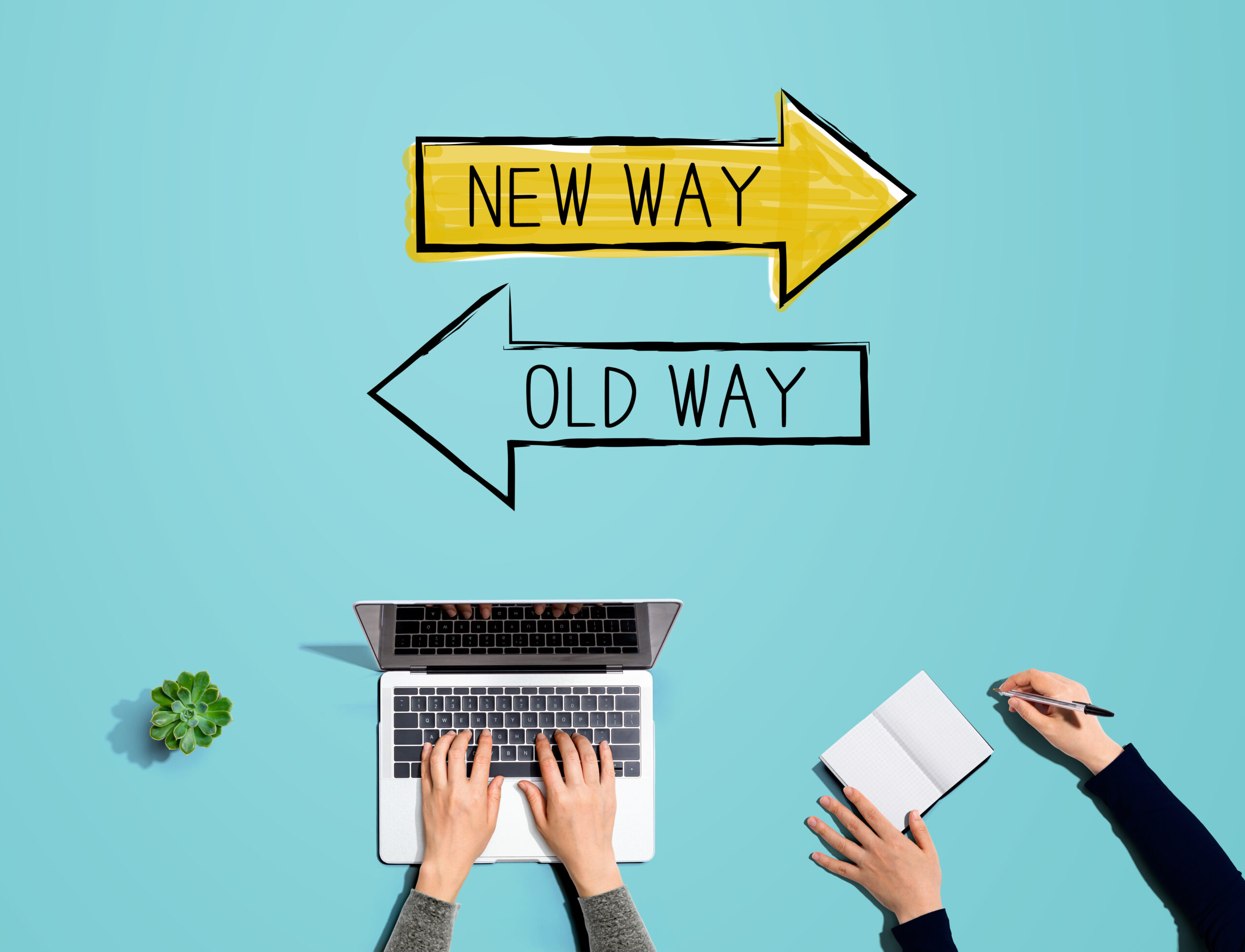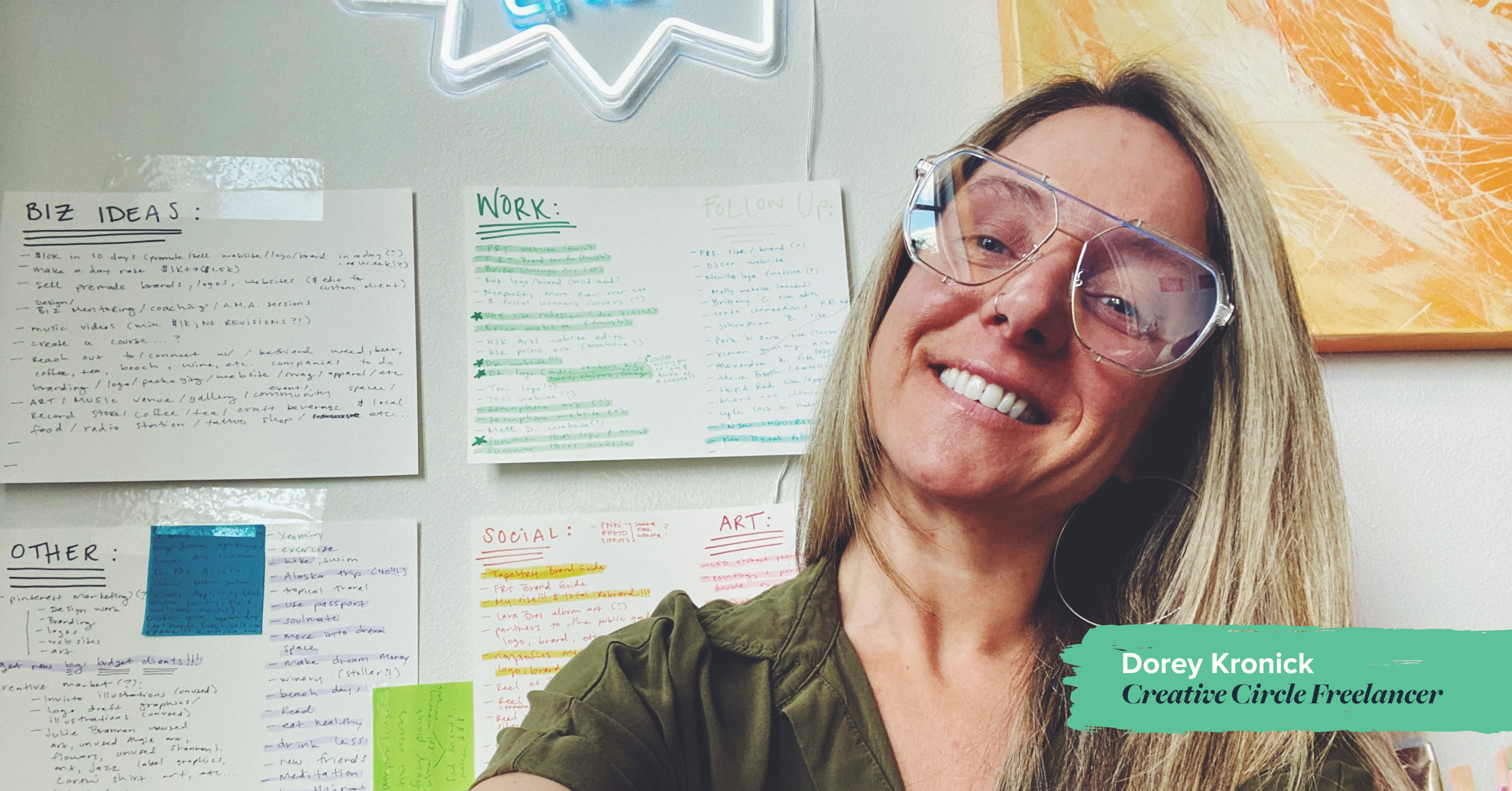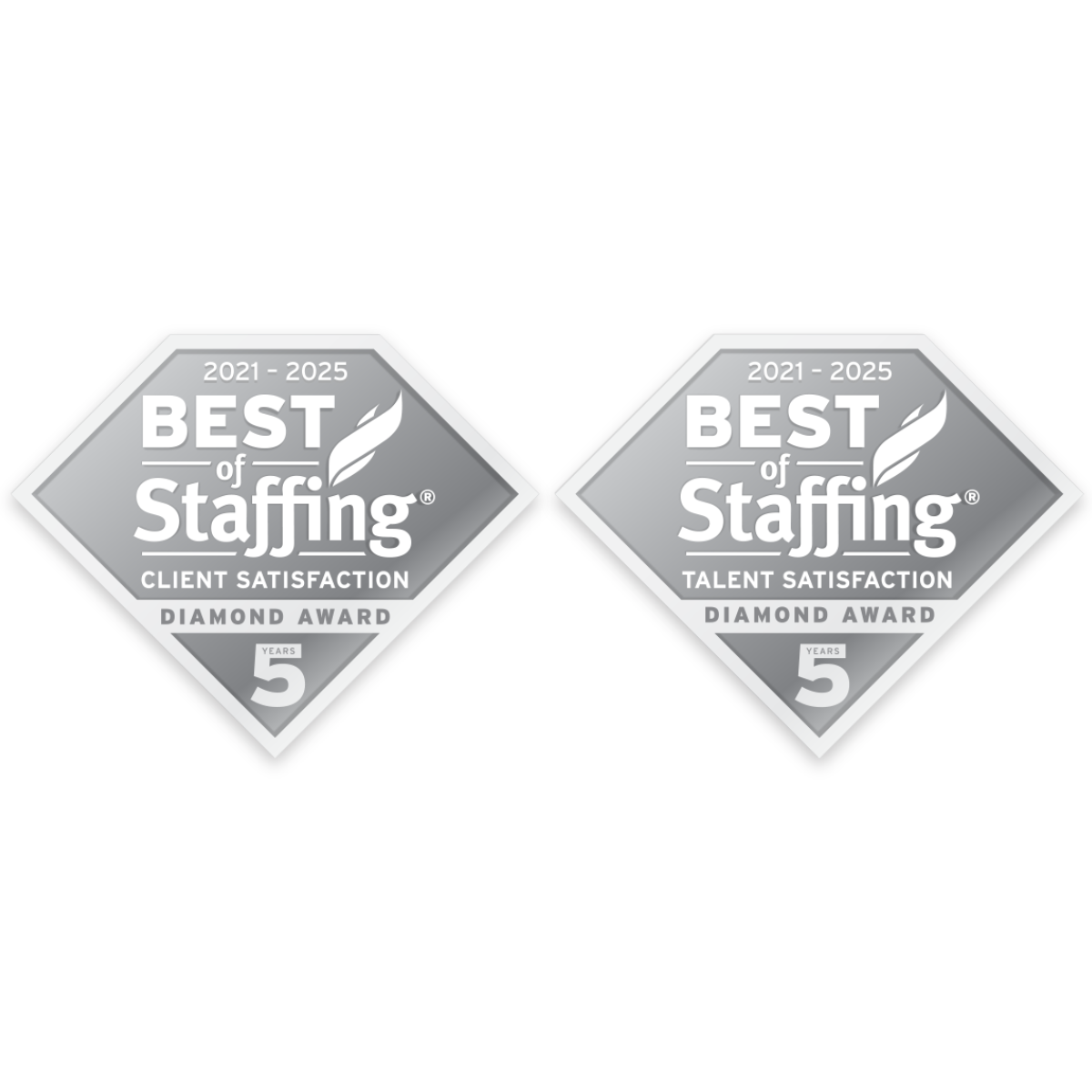Let’s face it — the recent release of GPT-4o is a bit anxiety-provoking for many. In our recent poll, 55% of our online community said GPT-4o made them feel “worried and uneasy.” And the comments on OpenAI’s YouTube videos joking about humans being “toast” aren’t comforting to read. The world is going to implode!
Wait.
Pause for a minute. Take a deep breath. And, try to avoid catastrophic thinking.
What is AI anxiety, exactly?
Coined by Day One Agency, AI-nxiety is a term used to describe unease about the overarching ramifications of artificial intelligence on human creativity and ingenuity.
Fear of and resistance to new technological advancements has been common for centuries.
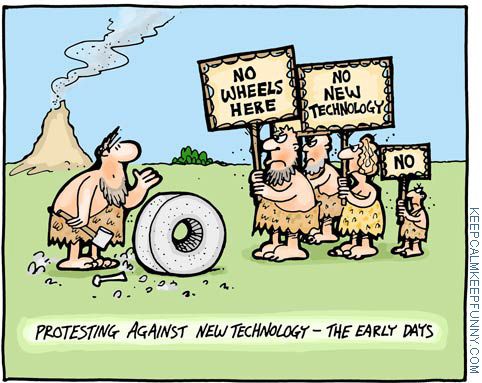
This technology newsletter by Jennifer Walter at Discover Magazine articulates it clearly. She explains how it’s normal to be wary of things we aren’t familiar with. When the bicycle began to rise in popularity in the 1890s, consumers were fearful of the harm the transportation technology might inflict on society. Physicians wrote about “bicycle face,” a condition described as “dark circles under the eyes” in female cyclers — physicians said the activity was dangerous to their health. 133 years later, it’s hard to imagine being so resistant to a bicycle, right?
In the 19th century, photography was an “art world outcast.” People saw it as a thoughtless device for replication, one that lacked the refined feeling and sentiment that we get from paintings. When you fast forward to today, photography is considered fine art, and it can be an incredibly lucrative profession.
How to Cope with AI Technology Advancements
With the rise of generative AI, we are on the cusp of more groundbreaking changes that will alter our reality. Here are five productive ways to digest the changes, leverage what’s available to you, and ease your mind a bit.
Be mindful of media exaggeration.
With rapid AI advancements getting all the buzz lately, it can start to feel like you’re an AI adaptation laggard. You’re not. The media often dramatizes news stories about AI, which can fuel anxiety and misconceptions.
A 2023 Gallup study of nearly 19,000 U.S. employees and leaders discovered that most employees — seven in ten — don’t regularly use AI in their job. Only 1 in 10 employees uses it daily, and within that 10%, most adapters reported using it to carry out routine tasks.
However, like the evolution of AI, these usage rates are expected to change quickly, so now is the time to jump on board.
Educate yourself.
Understanding how AI works, as well as its potential benefits and limitations, can demystify the technology and reduce fear. Reliable sources of information can provide a more balanced landscape and help ease the anxiety coming from the unknown.
Thanks to the AI innovators and early adopters, there are hundreds of how-to videos on YouTube — high-level tutorials for beginners, step-by-step instructions for specific AI tools, guides on using AI to boost your productivity, and more. Consider checking out these four channels recommended by an expert panelist on a recent Creative Circle webinar:
If you work in the creative space, review the summary of this webinar where three experts share how creatives can best position themselves to thrive in era of AI.
Focus on control.
Anxiety is often related to a lack of control. Get a feeling of control back by concentrating on the aspects of AI that you can influence.
Consider staying informed about how AI impacts your field, advocating for and using ethical AI practices, or learning new skills to stay relevant in our changing job market.
Join the conversation.
Talking about our problems and verbalizing our fears has been a source of relief for centuries. Process your anxieties with a friend or a coworker. Perhaps you’ll find that others feel similarly.
Prioritize participating in conversations with AI experts or online communities to gain different perspectives and reduce feelings of isolation. Attending a webinar with an open chat might be a good place to start! If you’re looking for an online community, here’s a list of seven popular AI communities to choose from.
Practice mindfulness and stress reduction techniques.
If the latest news on AI is triggering a tightness in your throat and a knot in your stomach, try stepping away from it and leaning into a mindfulness practice. Techniques such as mindfulness meditation have been proven to help reduce stress for decades. Consider finding a meditation or yoga studio near you, or give this Spotify playlist a listen.
Remember, AI is a tool — a powerful one — but it doesn’t replace the human touch. Embrace its potential, stay informed, and find a balance that allows you to thrive. AI can help humans do some incredible things, but YOU are still the artist behind the masterpiece.
About the Author.
Kailey is a Creative Circle freelancer — when she’s not chasing around her two young boys or laughing at Corporate Natalie videos, she spends her time creating content for us! She specializes in sharing advice for our talent community, so if you’re a creative with an appetite for blogs on market trends, job search guidance, and freelance life, subscribe to our newsletter and follow us on LinkedIn to ensure you never miss the latest.

